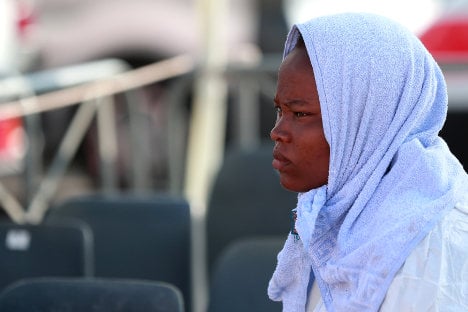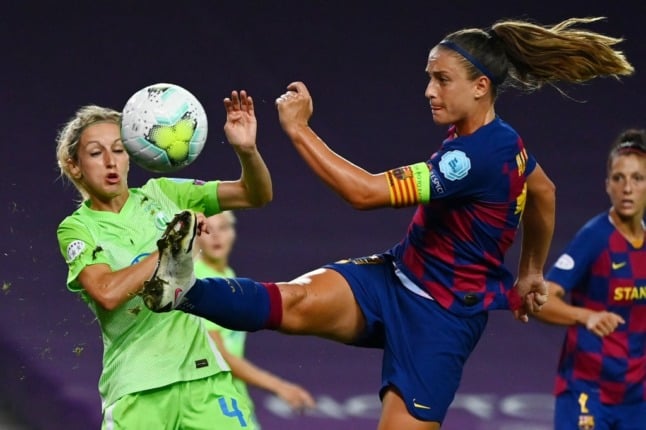As authorities began the grim task, the bodies of five victims of another Mediterranean tragedy were brought to shore in Pozzallo in Sicily.
The Nigerian foreign ministry described the fate of the young female victims – believed to be aged between 14 and 18 years old – as “a monumental loss and a sad moment for our country”.
The bodies of the victims were brought on a Spanish ship to Italy on Sunday, where the authorities are looking into how they died.
The post-mortems, which are being carried out in Salerno in southern Italy, did not immediately reveal any serious wounds, such as lacerations caused by engine blades, the prosecutor's office told local media.
But it is hoped the autopsies will be able to ascertain whether the girls were abused during the journey, and better determine their ages.
Italian investigators have said there is no evidence yet that they were victims of sex trafficking.
According to the UN, 80 percent of young Nigerian women arriving here are already in the clutches of pimps, or quickly fall into their traps.
According to Italy's interior ministry, more than 111,700 people have reached the country by sea in the first 10 months of 2017, 30 percent down on the previous year.
Despite the drop, traffickers are still sending migrant boats out into the Mediterranean: the International Organization for Migration (IOM) said on Friday that more than 2,560 migrants had been saved over four days.
In all, 2,839 people have died while attempting the crossing so far this year, it said.




 Please whitelist us to continue reading.
Please whitelist us to continue reading.